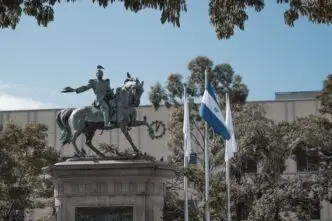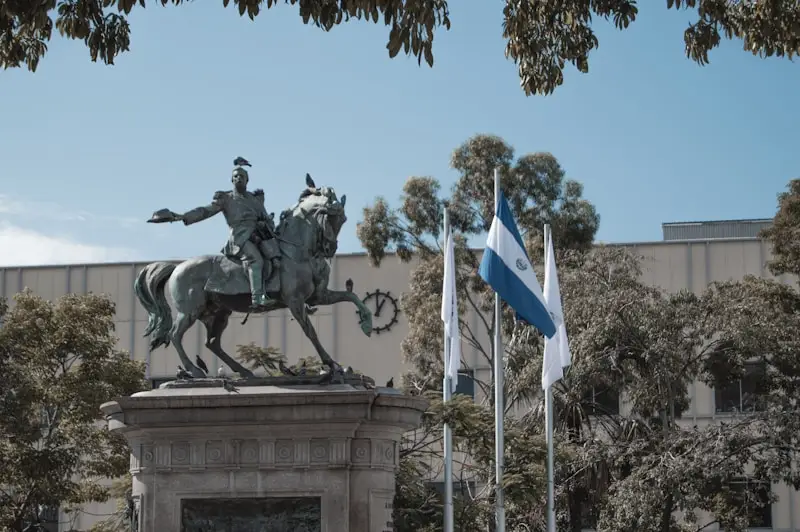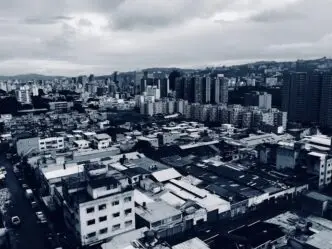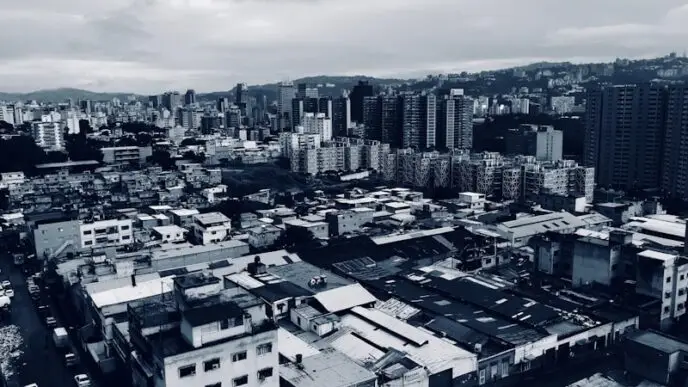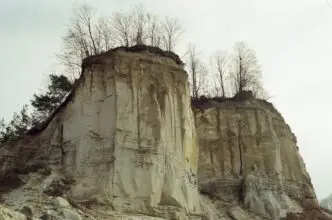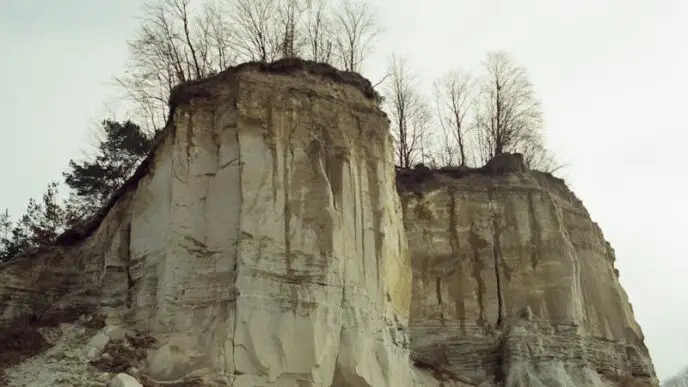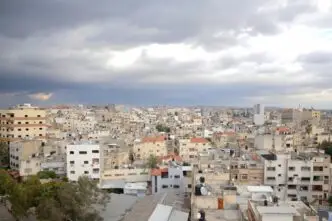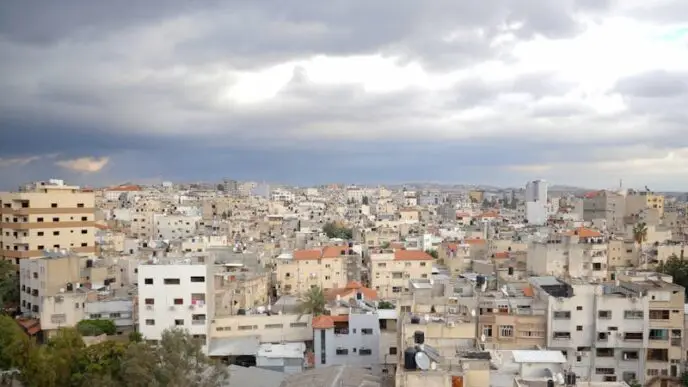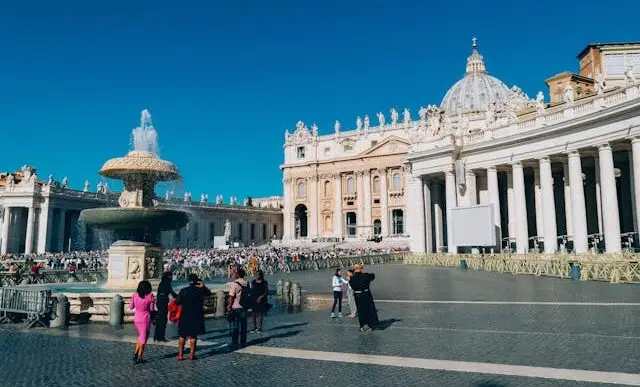El Salvador Offers to Accept Deportees from the U.S. Regardless of Nationality
El Salvador’s President Nayib Bukele has declared his country’s willingness to accept convicted criminals of any nationality the U.S. wishes to deport. Bukele has offered to house these deportees within El Salvador’s prison system. This proposal, however, has triggered a whirlpool of debates on the international stage regarding its potential implications on global security, humanitarian issues, and El Salvador’s domestic challenges.
President Bukele, a businessman-turned-politician who took office in 2019, has been renowned for his unconventional methods and strongman leadership style. His latest move reaffirms his political stance, displaying a high tolerance for risk in his bid to strengthen diplomatic ties with the U.S. and draw international attention to El Salvador’s criminal justice reforms.
A Bid to Foster U.S. Relations
The decision to accept deportees from the U.S. comes at a time when El Salvador is attempting to foster more robust ties with the U.S. Bukele’s administration views this move as an opportunity to demonstrate goodwill and cooperation with the U.S. government, which has been grappling with the contentious issue of immigration and deportation.
“We are a sovereign nation, and we have the capacity to make these decisions,” President Bukele said in a statement. “By accepting these deportees, we are showing our commitment to being a responsible and reliable partner to the United States.”
However, critics argue that this move could strain El Salvador’s already beleaguered prison system and may potentially exacerbate the country’s crime rate. They also express concerns about the potential human rights implications of housing foreign criminals in Salvadoran prisons.
Implications for El Salvador’s Prison System
El Salvador’s prison system has been under scrutiny for years due to overcrowding and inhumane conditions. The country has one of the highest incarceration rates in the world, and its prisons are notorious for gang violence. Despite Bukele’s recent initiatives to reform the system, critics fear that accepting U.S. deportees could further exacerbate these issues.
“While we recognize President Bukele’s efforts to reform the prison system, accepting inmates of foreign nationality may strain the system beyond its capacity,” said Carlos Dada, a Salvadoran journalist and founder of the news site El Faro. “We should be cautious about the potential impact on human rights within our prisons.”
International Concerns and Humanitarian Implications
On the international stage, this move has raised eyebrows and created concerns regarding the potential for abuse and violation of deportees’ rights. Critics argue that El Salvador may not have the capacity or the infrastructure to guarantee the safety and rights of foreign prisoners. They also worry that this move could set a dangerous precedent for other nations dealing with deportation issues.
Nonetheless, President Bukele has stood firm on his decision, stating that El Salvador is capable of handling the responsibility and is committed to upholding the rights of all inmates, regardless of their nationality. “We are aware of the challenges, but we are also confident in the reforms we have set in place,” Bukele said. “We will ensure all prisoners are treated within the guidelines and standards of international law.”
As it stands, the global community will be watching closely to see how this bold move by El Salvador impacts both the country and its relationship with the U.S., as well as the wider implications for international law and human rights.

